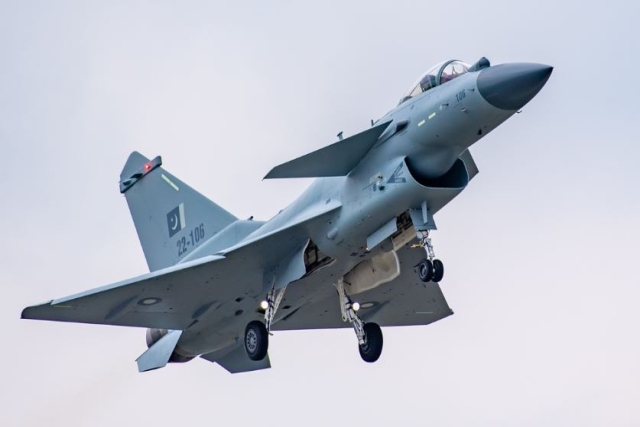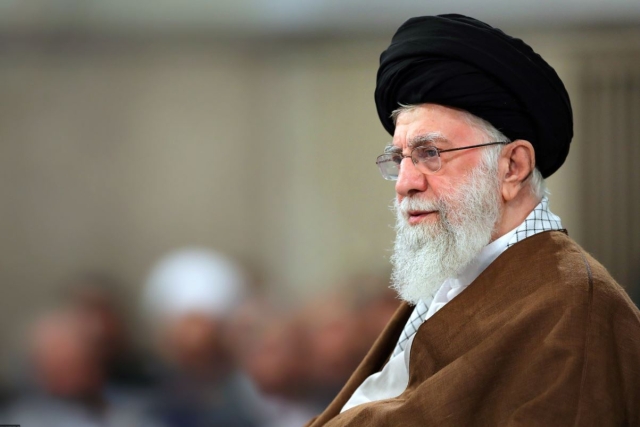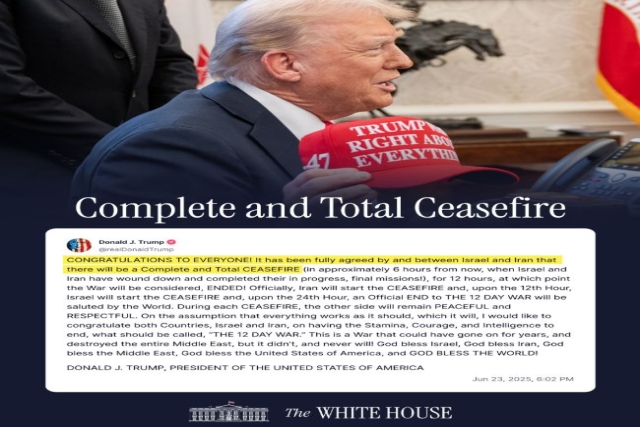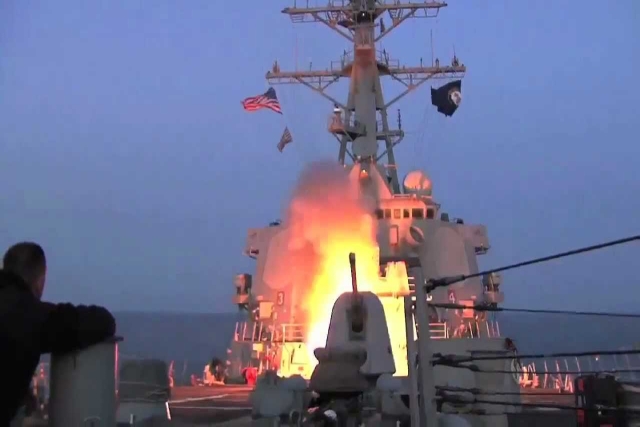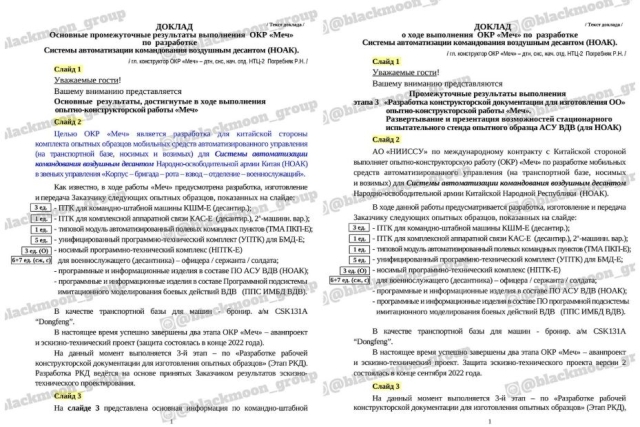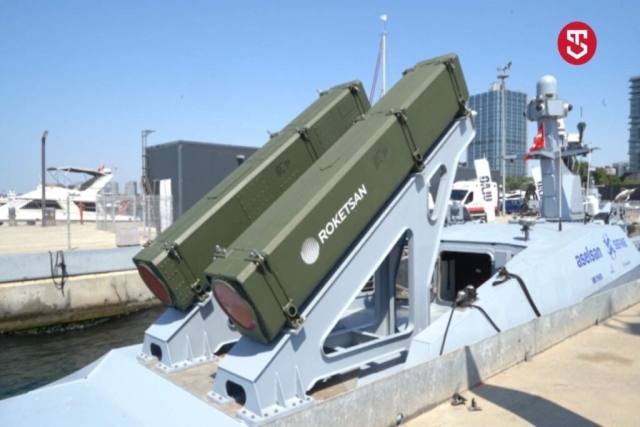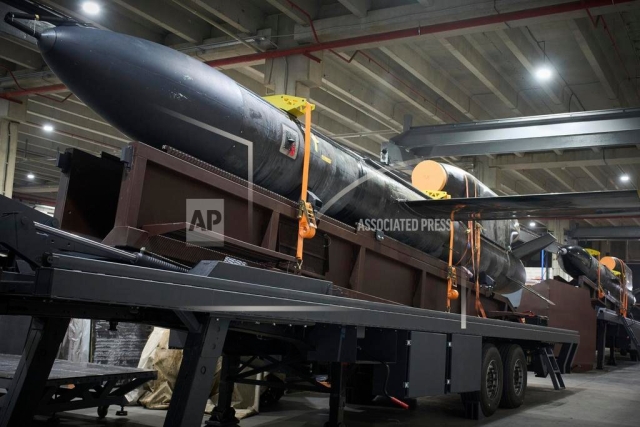627 Iranians Killed, 4,870 Injured in Israeli, U.S. Strikes; Core Nuclear Facilities Intact
Iran says majority of deaths occurred on impact as strikes targeted major cities; Tehran, Kermanshah hardest hit amid conflicting claims over military objectives.
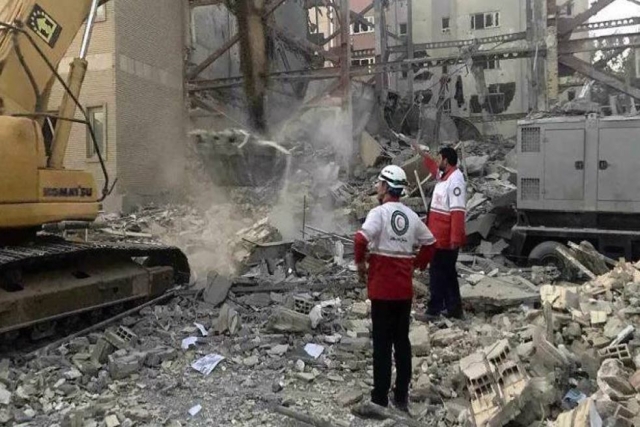
Iran’s health ministry announced Wednesday that 627 people have been killed and 4,870 others injured in recent Israeli and U.S. military strikes on Iranian territory, marking one of the deadliest escalations in the region in recent years.
Hossein Kermanpour, spokesperson for the ministry, said that most casualties occurred in Tehran and Kermanshah provinces, with other affected regions including Khuzestan, Lorestan, Isfahan, Markazi, East Azerbaijan, Hamedan, Zanjan, and Gilan. “A staggering 86.1% of those martyred lost their lives at the scene of the attacks,” he said, noting the scale and destructive nature of the strikes.
The attacks began in the early hours of June 13, when Israel launched a wave of coordinated strikes across Iranian cities. Iranian authorities said the airstrikes were aimed at high-ranking commanders, nuclear scientists, and other key figures. Civilian casualties were reported in large numbers.
The Israeli government, supported by the U.S., stated that its operation was directed solely at Iran’s military and nuclear infrastructure. However, Iranian officials have rejected these claims, accusing both Israel and the U.S. of targeting civilian areas and key urban centers.
In response, Iran launched a retaliatory military campaign titled Operation True Promise III, which reportedly inflicted considerable damage on Israeli military infrastructure in the occupied territories.
On June 22, the U.S. military expanded the offensive with strikes on major Iranian nuclear sites, including Fordow, Natanz, and Isfahan, using strategic bombers and submarine-launched cruise missiles. A U.S. post-strike assessment, however, revealed that Iran’s core nuclear infrastructure remained largely intact, despite the scale of the assault.
The situation escalated further when Iran retaliated by launching missile strikes on Al Udeid Air Base in Qatar, the largest U.S. military base in the region. The strike marked a direct attack on U.S. assets in West Asia.
Amid mounting pressure and international mediation, the Israeli government declared a unilateral halt to hostilities on Tuesday morning. The ceasefire deal, brokered by Washington, comes as both sides assess the aftermath of a confrontation that risked broader regional destabilization.

